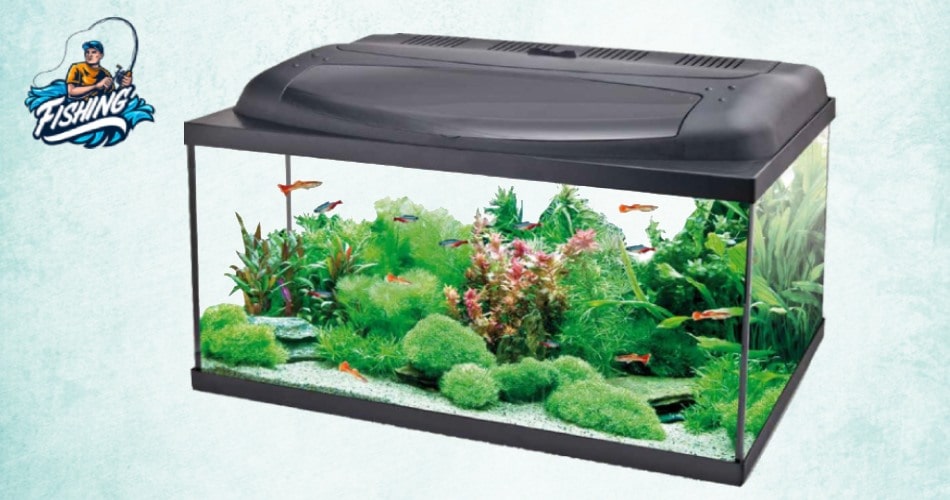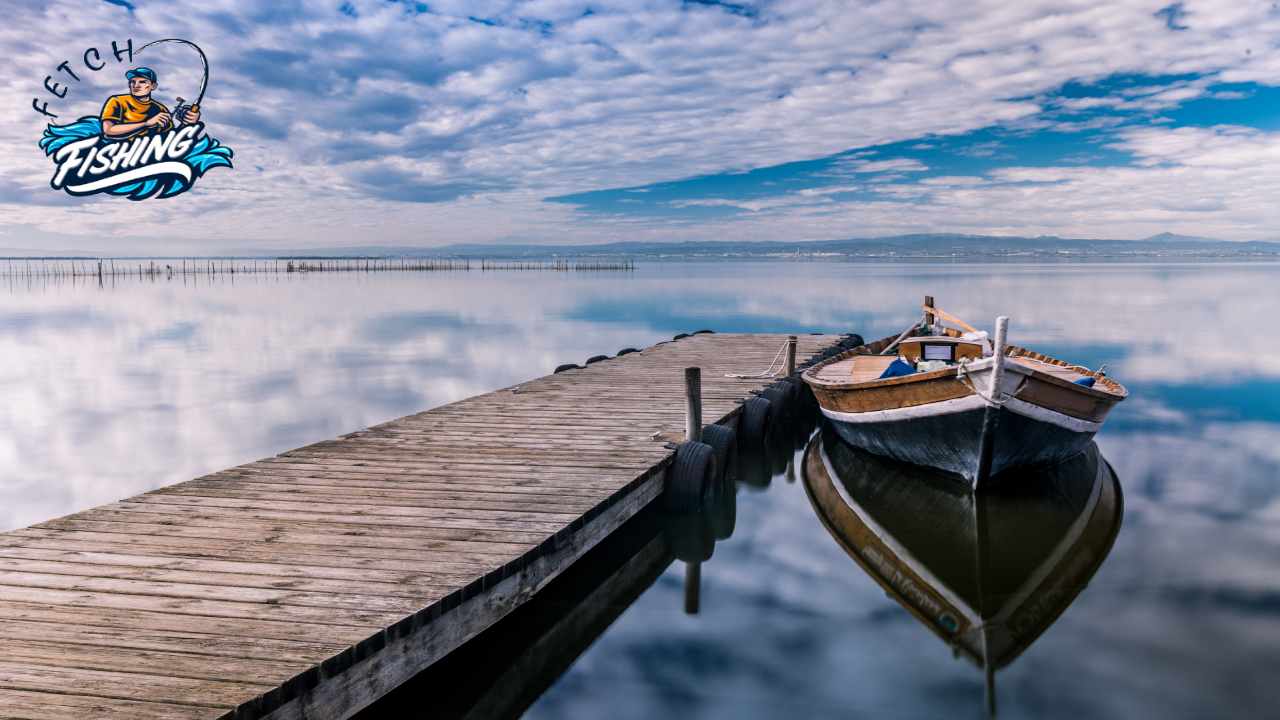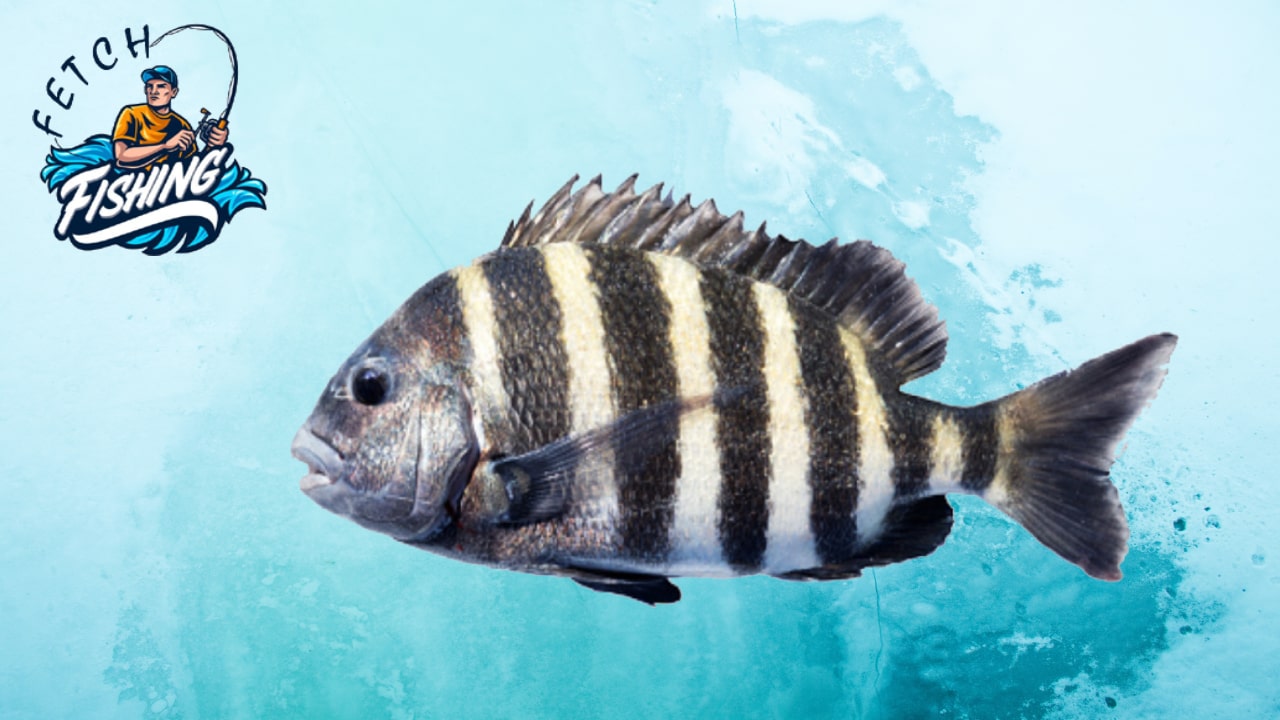
How to Do Fish Poop & Pee? How much poop does a fish create throughout its life? Questions about how fish can feed without teeth, and the role of their stomachs. Also, how they can take food with their mouths on the bottom of their bodies. These are just a couple of frequently asked questions about this interesting topic.
How Often Do Fish Poop and Pee?
Every species has its rates of pee and poop in fish. Some factors like the water temperature, size of fish, and whether they live in salty water or freshwater affect the poop and pee of the fish.
According to the size of fish, they urinate or poo around 2000 times as their average size is about 12 inches.
If you reside in a body of water with high amounts of dissolved oxygen and low temperatures. Also, this can occur up to four times every day. But, in waters with low oxygen levels and high temperatures, this number may be as low as one.
The size of fish’s stomachs can also affect how often they urinate and poop. For instance, a little tropical fish may have less room to store food, needing more frequent feedings than a larger deep-sea species that has a much larger stomach.
How Can Fish Eat, Without Teeth & Why Do They Have Stomachs?

This question will be answered in more detail later in the text.
Do Fish Poop and Pee?
Fish do indeed pee and poop. In reality, they release nitrogenous wastes through their cloaca and gills in
the form of ammonia (a single opening for the digestive, urinary, and reproductive tracts).
Osmoregulation is the term for this process, which aids in preserving the right ratio of salts and water in their bodies.
Certain fishes also eat small amounts of sand or gravel to aid in the grinding of food in their stomachs, which aids in digestion. The sand or gravel subsequently exits their cloaca along with excrement after passing through their digestive system.
Depending on the type of fish, feces are produced in different ways. Usually, they do so by passing their Poop through a particular bladder.
Fish discharge their waste through their anus through a unique bladder.
What’s the Color of a Fish Poop?
Fish feces is greenish-brown in color and smells strong. Depending on the type of fish, it can also vary in color. But it is typically brownish-green and rarely yellowish-brown.
How do fish Pee?
Fish can only urinate via one orifice since they have a kidney to process and filter their urine (i.e., mouth). Also, this implies that fish always have water in their mouths when feeding.
What’s the color of fish Pee?
Generally, the color of fish urine is clear although sometimes yellowish-brown. Also, the smell of it is different than poop.
How do you remove fish poop and pee from your fish tank?

By adding a few teaspoons of table salt, you can clean your fish tank of waste products like poop and urine. After around 30 minutes, rinse the mixture with water and an old toothbrush. The result will be fantastic!
Does Betta Fish Poop?
Betta fish do in fact take a dump! Even if you don’t see it happening, you’ll probably detect a buildup of waste at the bottom of your tank.
Due to the fact that their feces tend to be clumpy and circular instead of long and stringy like other pets’. Bettas are frequently mistaken for dropping uneaten food. If there is waste in another location, it may be where they are hiding while doing their business, or someone else (like an aquarium plant) may have moved things there because they tend to gravitate to one spot when they need to go poop.
How much do Whales poop?
Basically, Whales poop a lot. Some species produce about 500 gallons of poop per day but, it also totally depends on what they eat.
What’s fish poop called?
You might not be aware, but fish poop is known as “detritus.” Detritus includes bits of algae that aquatic species have swallowed when feeding or while swimming through the water column in addition to fragments of dead fish organisms and their fecal contents.
How to Do Fish Process Poop and Pee?
Fish process poo and urine in a number of ways, from consuming their own waste to excreting it through their anus (as we have mentioned above).
Fish typically consume their own excrement since certain species of fish eat algae and other creatures that carry waste.
How Does Fish Waste Help to Grow Plants?

Fish waste, sometimes known as fish excrement, is good for plant fertilizer. Although it may sound disgusting, there are many advantages to using this substance. For instance, because it is liquid, fish poop fertilizer helps nutrients reach plant roots more quickly than they would otherwise. Additionally, by reintroducing healthy microorganisms and essential micronutrients to your soil, your garden will become overall healthier.
It also has a better scent! In other words, feeding plants fish waste not only provides them with the nutrients they require. But also adds a tonne of life-giving organisms right where their roots can absorb them most easily. This means that the plants not only get to all of the essential minerals but also work symbiotically so that both parties benefit even more.
Why Does My Fish’s Waste Hang in Them?
What do you give your fish to eat? When did it start hanging from them?
They may have a ball-shaped mass of poop if they are not feeding. The more time that passes, the more challenging it will be to fix. It’s also possible that someone else moves the things (like an aquarium plant).
It’s likely that your fish’s diet was insufficient for a while if they are eating and the excrement has still adhered to them after a water change. How can this be fixed? You’ll need to give them extra brine shrimp or bloodworms to up their protein intake.
Why My Fish Is Poop Floating?
Fish poop comes in different densities, some of which can float while the rest sinks to the bottom. How can this be fixed?
The sort of food your fish consumes also affects its density; some foods have more protein and fewer carbohydrates, while others do the opposite (such as bloodworms vs. brine shrimp). If you feed your fish anything high in protein, their waste will sink with other trash since it has a lesser density.
Do fish poop?
If you’re wondering if fish poop, the answer is yes. In actuality, ichthyotic waste is released by a unique bladder in all vertebrates through the anus.
Do fish Urinate?
Yes, a mechanism known as “renal excretion” occurs in fish. Where do they urinate? Fish can only urinate via one orifice since they have a kidney to process and filter their urine (i.e., mouth).
Is fish poop beneficial for plants?
Yes for sure, plants benefit from fish poop. In fact, a lot of people use it as fertilizer to help their gardens grow!
Can a fish suffer from constipation?
Fish can experience constipation, but parasite-related diarrhea is more typical in them.
Conclusion
How do fish poop and pee is the last topic we’ll explore. Fish can generate both urine and dung. But unlike humans, they don’t typically mix the two in the same body of water. This makes sense if you think about it because a fish’s digestive system begins at the mouth rather than the stomach or intestines.
It means that while all living things require food to provide them with energy in order to survive, the majority of freshwater fish species rely on plankton as their main food source in order to obtain adequate amounts of nutrients without having to process them through other parts of their bodies.



